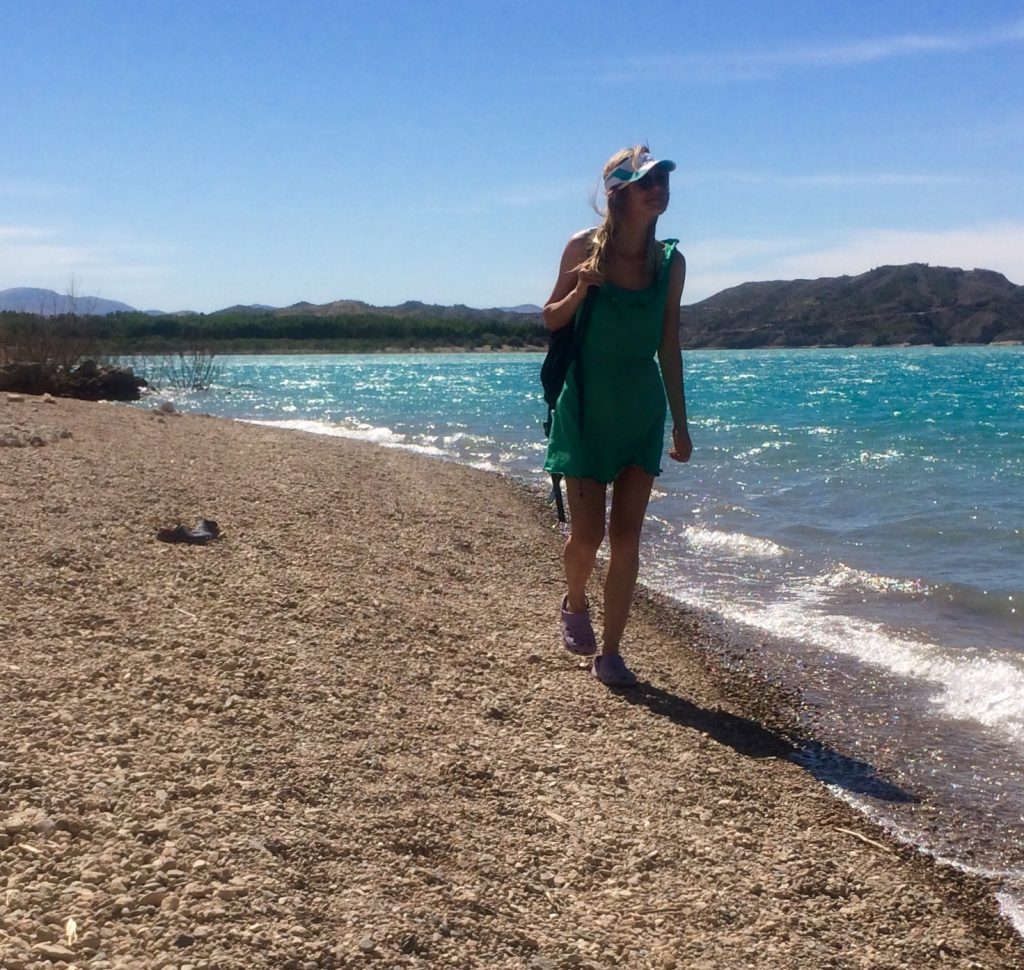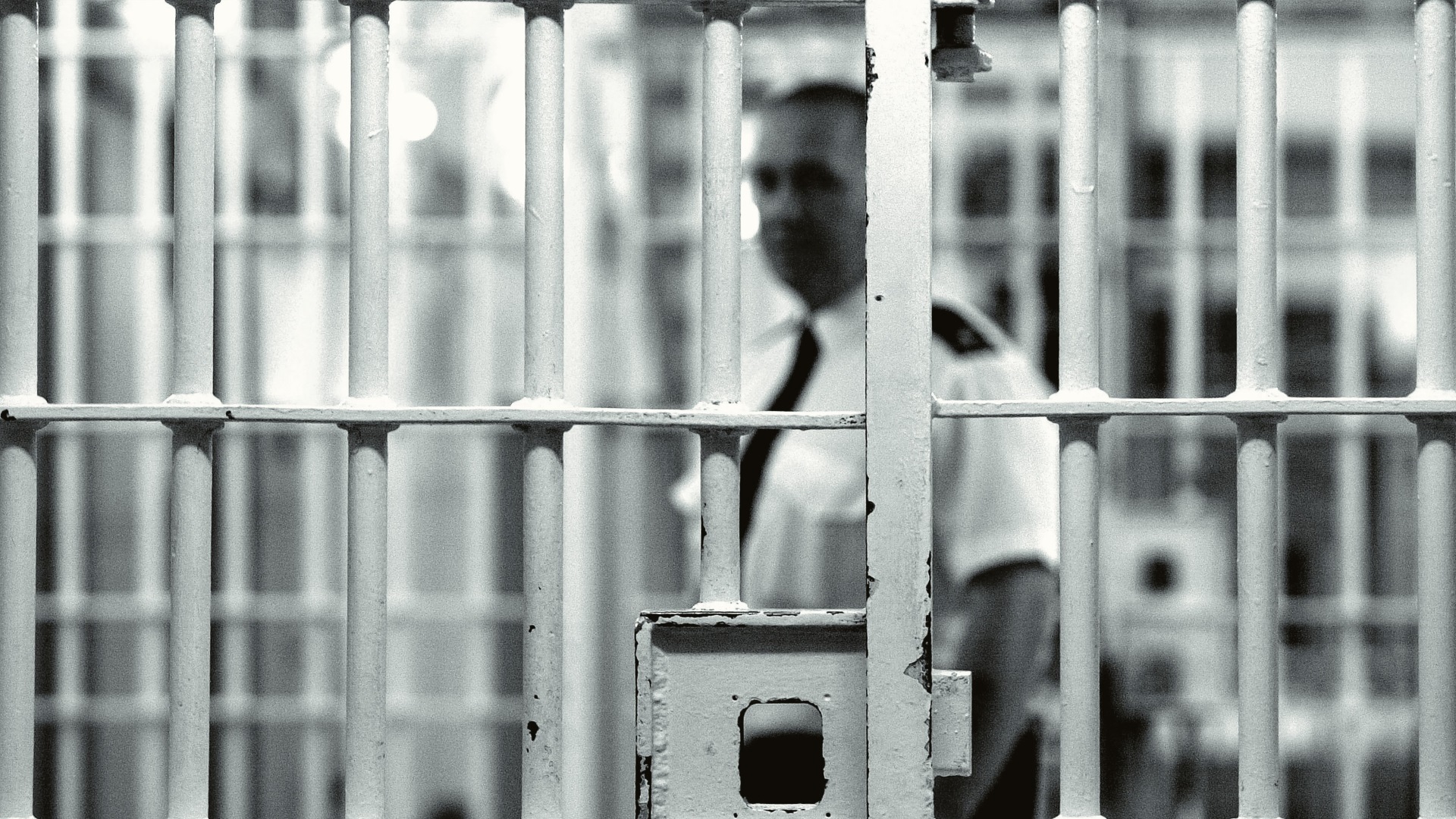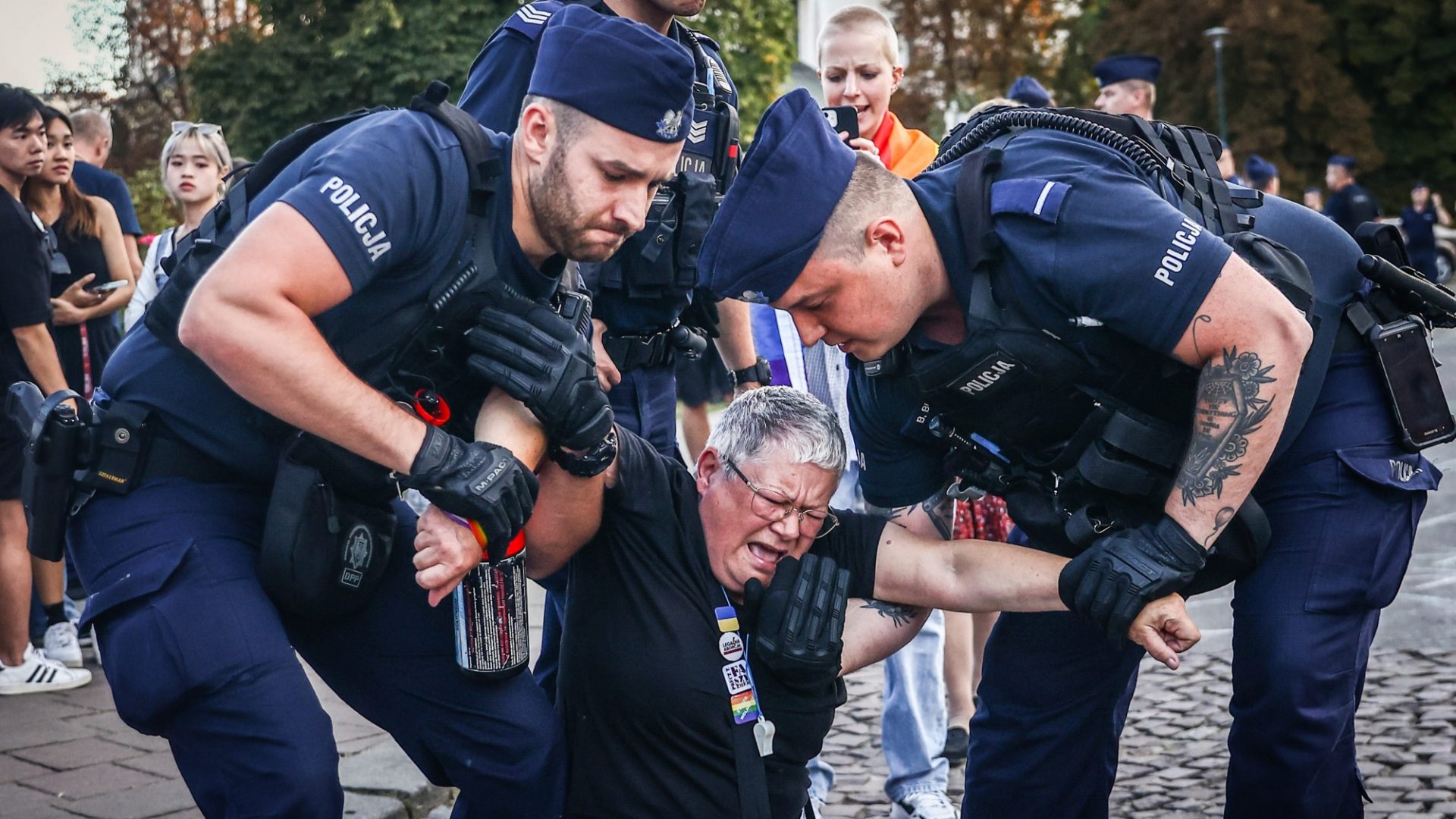Seven years on from the fateful EU referendum, you might expect the 293,000 or so UK nationals living in Spain to have come to terms with Brexit and all the changes it imposed on them. Sadly, for many it’s the opposite. The apprehension and upheaval ignited by the Brexit vote continues to affect their lives on the continent.
The most crippling effect of Brexit on UK migrants in Europe has been the loss of freedom of movement. Before leaving the EU, UK nationals were able to come and go as often as they pleased.
My husband and I were among the flocks of “snowbirds”, casually migrating between the two countries, working in the UK one month, and getting our sunshine fix in Spain the next. We had bought an old farmhouse in an inland farming community in the Granada province in 2004, when the Spanish property market was booming.
But the global financial crisis of 2008 hit Spain hard, and the country’s overheated property market collapsed. Rising unemployment meant there was little chance of British nationals securing work. In 2012, we locked up our beloved casa to return to the UK, principally to find work. It has been relegated to a holiday home ever since. We had planned to retire to Spain permanently one day, but as residency rules have radically changed post-Brexit, we have been forced to rethink.
No longer EU citizens, the British are classed as third-party nationals. Under the terms agreed upon in the European Union Withdrawal Act, non-EEA nationals cannot spend more than 90 days within any 180-day period in EU member states of the Schengen area. For homeowners in Spain like us, it means visits to Spain are more fleeting.
The property-buying resource Your Overseas Home has been surveying its readers in depth since 2017. Christopher Nye, the site’s senior editor, says there is still apprehension about Brexit among UK property hunters in Spain, seven years after the Brexit vote.
“In 2017, when there were still hopes for a ‘softer’ Brexit, 49% said that Brexit was delaying their plans to buy a property. In our 2023 survey, 48% said that the 90-day rule was a big problem. So there has been barely any change,” he said. “Moreover, of all the property buyers’ worries, such as being ripped off by dodgy estate agents and developers, missing family, not settling in, etc, post-Brexit rules are by far their biggest worry.”
Spain does not allow dual citizenship, and the only way for Britons to avoid the 90-day rule is to become a legal resident. British nationals who were living in Spain before the end of the Brexit transition period on December 31, 2020 had their rights protected by the terms of the Withdrawal Agreement, and they could apply for a Spanish Foreign Identity Card – the Tarjeta de Idendidad de Extranjero (TIE). But acquiring a TIE isn’t easy.
Caroline Williams, a former NHS nurse, moved to the small village of Caniles in Granada province in 2006. She told me of the challenges they have faced post-Brexit. “Making sure that you have the right paperwork to live here has become such a chore. Obtaining the new photo ID – TIE – takes a lot of time and money,” she said.
The rules around driving in Spain have also changed post-Brexit. Britons registered in Spain have been reminded by the British Embassy that failing to exchange their UK driving licence within the six-month window will result in it no longer being valid for driving in Spain. Like the TIE card, Caroline said that changing to a Spanish licence was difficult and incurred costs.
But for her it is the smaller, everyday things that provide a reminder that life is no longer the same since leaving the EU. “Receiving parcels from the UK is more difficult. They take so much more time to be delivered. And food prices have really gone up. You have to go to special shops now to get English food, which was previously available in most Spanish shops but isn’t any more because of exporting restrictions and costs.”
Britons attempting to move to Spain for the first time after the transition period ended and hoping to avoid the 90-day rule now face a raft of paperwork and expense. UK nationals seeking residency must apply for a residency permit. Permits can be granted for work, business, or study, as a family member of an EU nation, as a non-lucrative (non-working) visa, or as a gold visa for those investing €500,000 or more in Spain.
Kurt and Lucy Wilby, both retired teachers, decided to take the plunge and relocate to Mojácar in Almería in January this year. Lucy told me of the many headaches, obstacles and costs they have encountered in their quest to live in Spain, something that I and millions of UK migrants like me had taken for granted before Brexit, and which had cost virtually nothing.
“The costs have been horrific. The non-lucrative visa available to us cost £1,100. We are unable to work in Spain and are unable to leave Spain for more than five months in five years. You also have to prove you have €37,000 in your bank each year for a married couple, more if you have children.
“We have had the additional cost of police checks, medical certificates, translators, and apostilles [government certificates]. The driving licence exchange was another headache.
“Many expats are having to return to the UK due to the 90-day rule. Brexit basically was a pack of lies,” Lucy added.
Illona Mitchell, meanwhile, has had enough. Illona had lived for almost 20 years near Baza, Andalucía, where she had helped to run an animal rescue centre. This September, she moved back to the UK with her 18-year-old daughter plus 12 horses, eight dogs and two cats, most of which are rescues.
Illona described the export rules for the horses as “horrendous”, and much more complicated than when she moved to Spain from Britain with horses in 2004. “Transporting them back to Britain cost me just under £10,000,” she said. “Nobody seems to know what the system requires and the stuff they ask you is ridiculous. The red tape and the paperwork will just lead to more and more animals being abandoned.
“I think that I’ve got out at the right time. Brexit has made a mess of everything. It has affected all expats there,” she said.

With Brexit having such a tangible impact on the lives of UK migrants in Spain, I wasn’t surprised to see the Spanish flag among the sea of flags from around Europe being waved at the recent National Rejoin March (NRM) in London. Among the 20,000 or so anti-Brexit campaigners marching for Britain to rejoin the EU was Bremain in Spain, which campaigns to protect the rights of British migrants living in Spain and across Europe.
After the event, I spoke to Sue Wilson, chair of the group and also – in what now seems like another lifetime – the lead claimant in the court case against Theresa May over the legitimacy of the Leave vote.
“You might expect that after seven long and painful years since the referendum, Brits abroad might have gotten over the stress, sadness and anger that shocked us to the core when we heard the result of the referendum. That has not been our experience at Bremain in Spain,” she said.
The group has 6,097 members on Facebook, and 26,300 followers on X, formerly Twitter. Members are from all regions of Spain and of diverse demographics. Sue explained how when Brexit was supposedly “done” they expected membership numbers to dip, as they all tried to come to terms with the situation. But that has not been the case, says Sue, and, if anything, membership is rising.
“With Brexit removing our treasured rights and opportunities, we are now having to fight for everything we have lost, with our hands tied behind our backs. The only way for us to regain what we have lost is to regain our EU citizenship, and there is only one way to do that – by rejoining the EU,” she said.
Lisa Burton, the group’s vice-chair, who gave an inspiring speech at the NRM talking about the 1.32 million Britons living in EU countries and the freedoms they have lost because of Brexit, voiced the same concerns. “As British migrants living in Spain, we are literally living proof of the incredible opportunities that freedom of movement can bring. Post-Brexit, most of us would not now qualify for any visa,” she said.
Lisa said the narrative needed to be changed because the “removal of freedom of movement only stops our children, families, and friends, only British people, from having the same opportunities as 450 million of our European neighbours.”
Noting the polls that show 60% of Britons are now in favour of rejoining, and 86% of 16- to 25-year-olds want to return to the EU, Lisa said returning to the union was “now inevitable”. She added: “Our politicians need to do their duty and do what is best for the UK and all their citizens. Sticking plasters on Brexit will never be enough. They need to stem the damage now, not in five or 10 years. They must start talking about how we can get back into the heart of Europe. We need a seat at that table for all our sakes.”
For Mike Zollo, who is happily retired with his wife, Carol, spending – without residency – as much time as possible in their house in the village of Sayalonga near Málaga, the most detrimental outcome of Brexit isn’t the bureaucracy and additional expense, but the loss of EU identity. “It stole from us one of our most prized possessions: our EU citizenship,” he said.
Gabrielle Pickard-Whitehead is a freelance journalist who lived in Andalucía for nine years.



